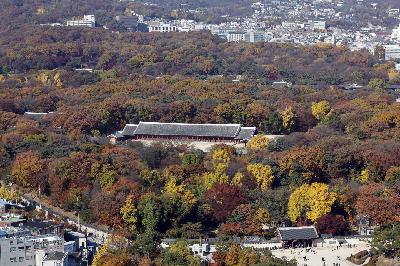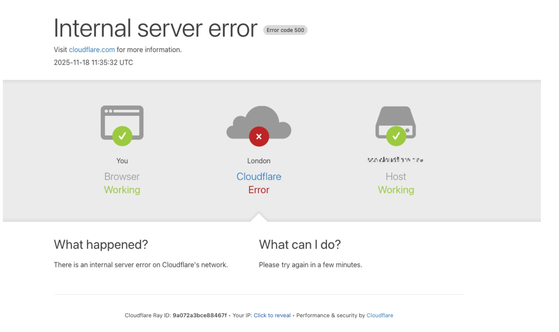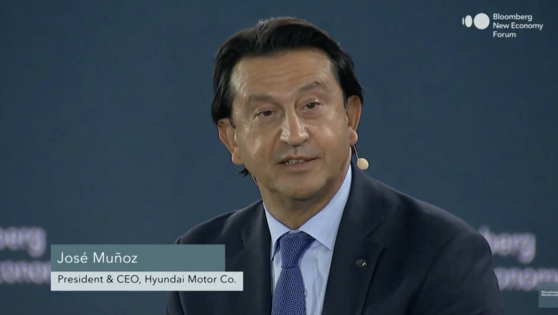Is autumn really the season for reading?
Update: 2025-11-20
Description
Cho Yoon-je
The author is a special appointment professor at Yonsei University's School of Economics.
Autumn has deepened. Fallen ginkgo leaves pile along the sidewalks, and even with thicker coats, the cool air still makes us pull our collars tighter. The season is often called "the season for reading," yet the phrase no longer feels convincing. Reading is receding from daily life.
In the United States, leisure reading has dropped 40 percent over the past 20 years. Even in Britain, long known for its reading culture, more than one in three adults no longer reads for pleasure. The decline is steeper among children. According to the National Literacy Trust, the share of children who say they enjoy reading fell from 43 percent in 2005 to 28 percent in 2023. In 1976, 40 percent of American high school seniors reported reading six or more books for leisure during the previous year, but by 2022, the figure had dropped to 11 percent.
Korea, where recreational reading has never been particularly strong, is unlikely to be an exception. The trend is an ominous signal for the future.
Reading was largely confined to select groups for centuries after the invention of the printing press in the mid-15th century. But in the early 1700s, expanded education and a surge in printed material sparked what historians call the "reading revolution." The shift transformed societies without shedding a drop of blood. Many historians argue that this revolution laid the groundwork for the Enlightenment, democracy and the Industrial Revolution.
The democratization of knowledge allowed the public to question aristocratic privilege, absolute monarchy and rigid social hierarchies. Enlightenment philosophers, supported by a growing middle-class readership, articulated the foundations of universal rights, liberty, equality and modern democratic institutions. As people read newspapers, history, philosophy, science and literature, they formed logical habits of thought, rejected superstition and paved the way for democratic governance, scientific progress, industrialization and capitalism.
But today, reading is in retreat. The chief culprit is the rise of smartphones in the 2010s. Mobile internet habits are deeply addictive. People now spend an average of seven hours a day looking at screens, and members of Generation Z spend closer to nine. In a world of short videos, online gaming and algorithm-driven feeds, people lose focus, depth of understanding, judgment and logical thinking. The OECD's Programme for International Student Assessment tests show that since the mid-2010s, students' math, reading and science scores have declined rapidly.
Books provide access to vast reserves of knowledge across class, age and gender, connecting writers and readers across time and space. They convey ideas refined by years of reflection, revision and verification. A YouTube video, by contrast, is more superficial and fragmented, seeking emotional resonance rather than deliberation.
Democracy assumes citizens who can understand issues in depth and debate them rationally. Yet, global political discourse increasingly drifts toward anger, resentment and demagoguery. Populist leaders and far-right movements gain traction partly because people now absorb the world through video rather than text.
The digital and AI revolutions have brought convenience and efficiency, but they also reshape communication, reshape knowledge systems, and risk widening the cognitive gap between a small elite of developers, scientists, and capital owners and the broader public. That gap could lead to a new form of knowledge monopoly reminiscent of premodern hierarchies.
One habit unites the architects of modern civilization: they were readers. Abraham Lincoln, Winston Churchill and Clement Attlee read voraciously. So did Charles Darwin, Thomas Edison and Albert Einstein. Bill Gates is a lifelong reader, and even Elon Musk says he was "raised by books."
The future of the world is clouded by widening ine...
Comments
In Channel
























